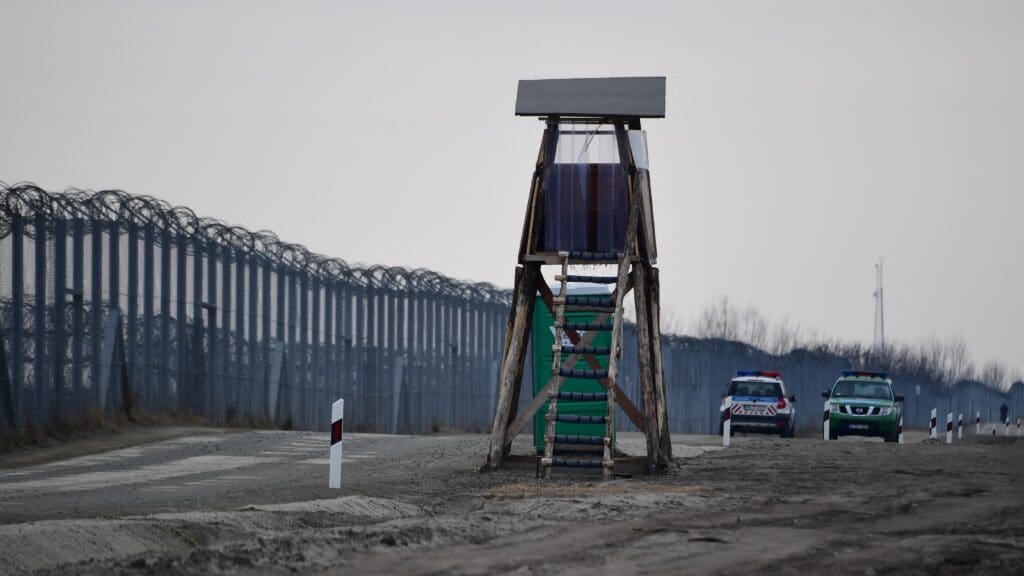Hungary’s National Chamber of Agriculture (NAK) and the Association of Hungarian Farmers’ Circles and Cooperatives (Magosz) have issued a joint statement rejecting the European Union’s planned free trade agreement with Ukraine. The organizations argue that the deal could endanger the future of European food production and expose consumers to serious food safety risks.
According to the statement, the final political obstacle to the agreement was recently removed when the European Council approved the new, open-ended deal, with only Hungary and Slovakia voting against it.
Under the European Commission’s proposal, Ukraine would receive substantial trade concessions. Compared to pre-war quotas, honey imports could increase sixfold, sugar fivefold, and eggs threefold. The poultry import quota would rise to 120,000 tons, while corn could effectively be imported without limits, as the tariff remains at zero per cent.
The organizations warned that making trade in mushrooms entirely duty-free could cause serious market disruptions, particularly in EU member states bordering Ukraine.
NAK and Magosz emphasized that while temporary market openings during wartime were meant as emergency measures, the new agreement would make these changes permanent. They argued that unrestricted Ukrainian imports have already pushed down purchase prices across Europe, a situation only mitigated by unilateral import bans in Hungary, Poland, and Romania.
The statement also criticized the claim that Ukraine will align with EU phytosanitary and pesticide regulations by 2028, calling it naive or deliberately misleading. The groups said enforcement would be weak, as compliance would only be monitored through semiannual written reports to the European Commission.
Both organizations reiterated their firm opposition to the agreement, warning that the massive increase in Ukrainian imports could devastate the EU’s agri-food sector and introduce new food safety risks for European consumers.
Related articles:







